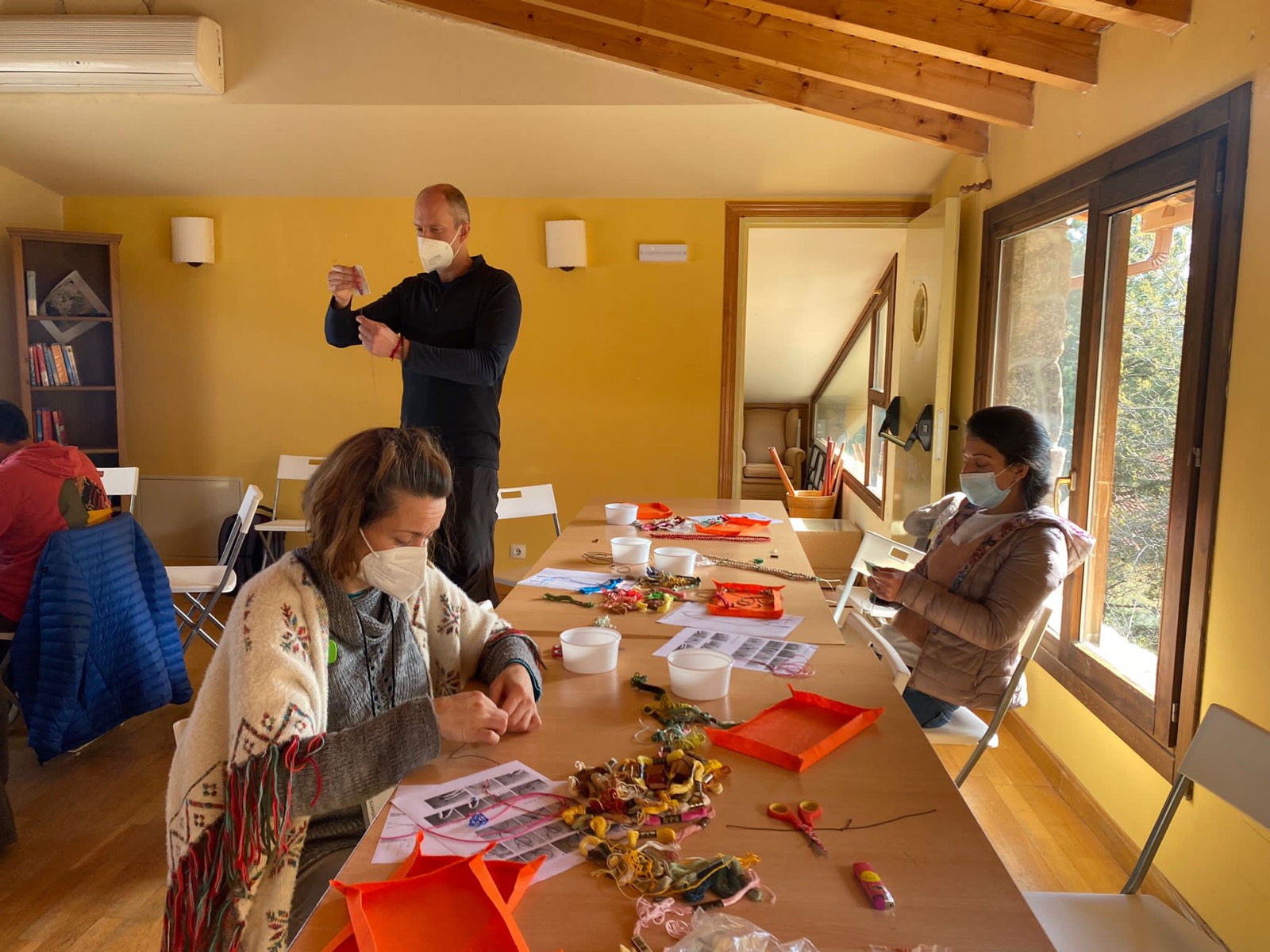12 Subtle Signs Of Cognitive Decline You Don’t Want To Ignore
When it comes to dementia, early intervention is everything.

Image by Lumina / Stocksy August 25, 2023 Some aspects of getting older are inevitable, and brain aging is one of them. No matter how diligently you care for your brain, a certain amount of change in cognitive function is normal and expected. We can all expect to forget a name once in a while or become a bit slower when trying to multitask. However, the line between typical “senior moments” and signs of serious cognitive decline can be somewhat subjective and difficult to define.
Advertisement
This ad is displayed using third party content and we do not control its accessibility features.
This intermediate zone between normal brain aging and dementia is called mild cognitive impairment (MCI), and it can be a cause for concern—once signs of MCI begin to crop up, they can progress into dementia (typically in the form of Alzheimer’s disease) at an annual rate of 8% to 15%. Dementia affects approximately 24 million people1 worldwide and its global prevalence is expected to quadruple by the year 2050. What’s more, almost two-thirds of Americans with Alzheimer’s are female. Arguably, taking care of our brains is more critical today than ever before (especially for women).Risk factors for cognitive decline
There are many factors—both genetic and epigenetic—that can increase your risk of developing dementia, including:
Advertisement
This ad is displayed using third party content and we do not control its accessibility features.
12 serious signs of cognitive decline
If you’re worried about your or your loved one’s brain longevity, keep an eye out for these signs of MCI and dementia.
Advertisement
This ad is displayed using third party content and we do not control its accessibility features.
How to maintain cognitive function & brain longevity
There are things you can do to help prevent cognitive decline, but the sooner you implement brain-healthy habits the better! Once dementia reaches a certain stage, it can progress quickly, making intervention less effective.
Here are some healthy habits to incorporate into your daily routine to bolster cognitive well-being:
Advertisement
This ad is displayed using third party content and we do not control its accessibility features.
The takeaway
Cognitive decline can be confusing, overwhelming, and downright scary for all those involved. If a loved one is showing signs of MCI or dementia, encourage them to see a health care provider as soon as possible—getting checked early on can make a world of difference in progression and treatment options.

 Konoly
Konoly 
-v1654017854059.jpg?1148x800)
































